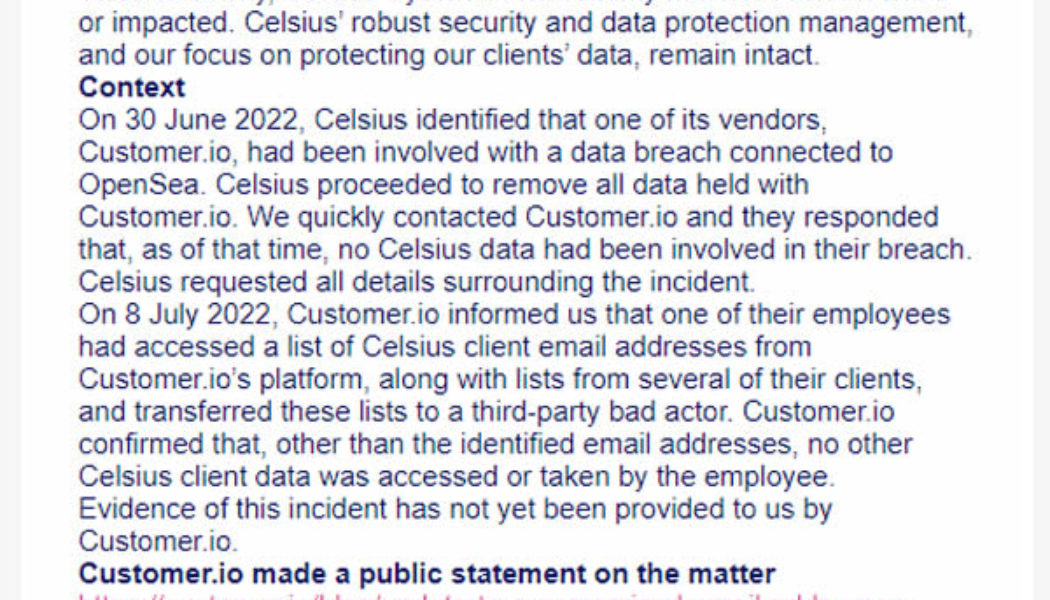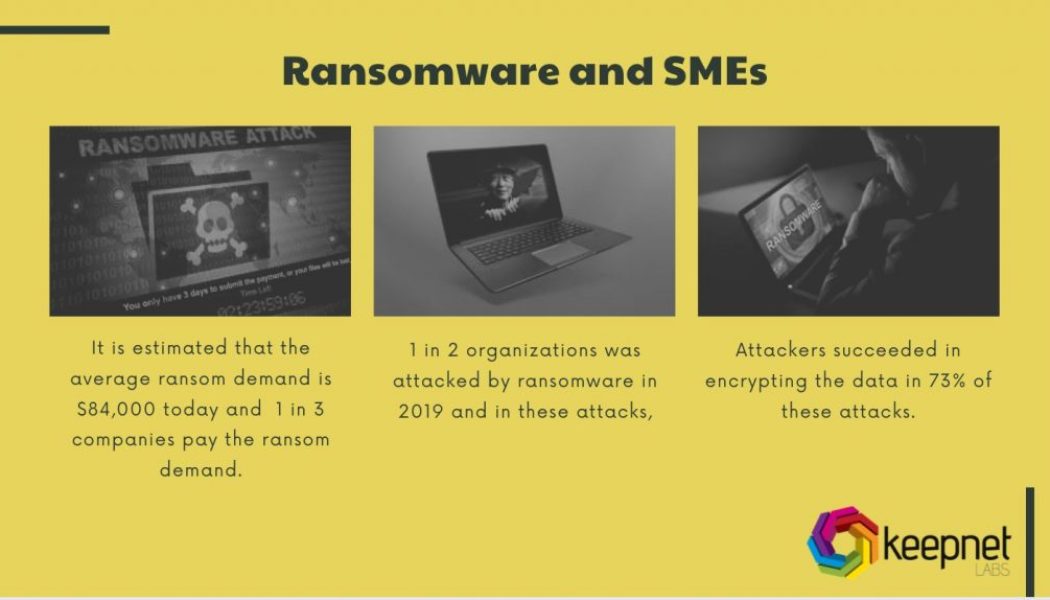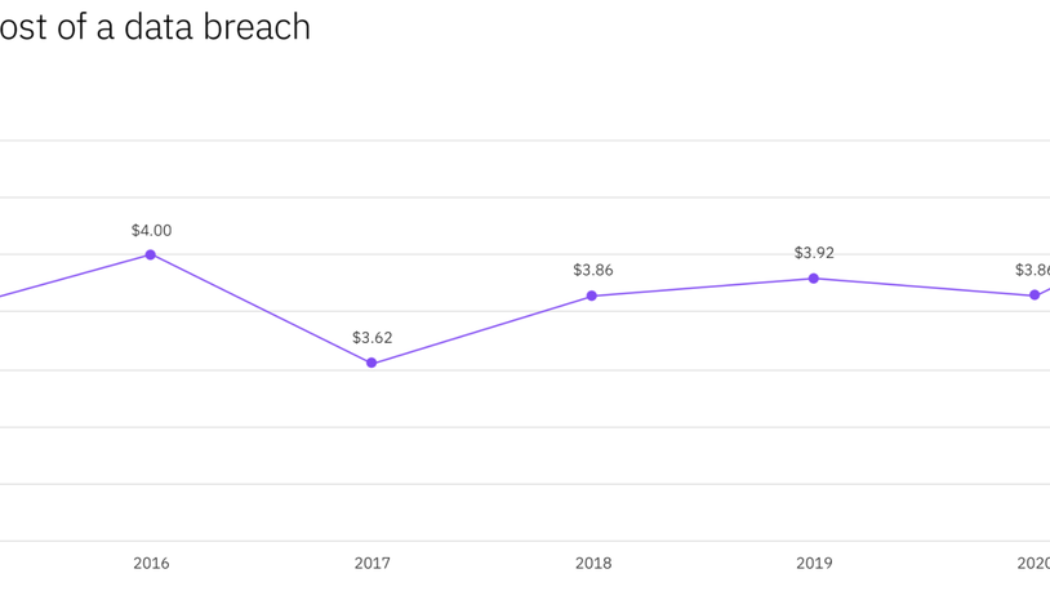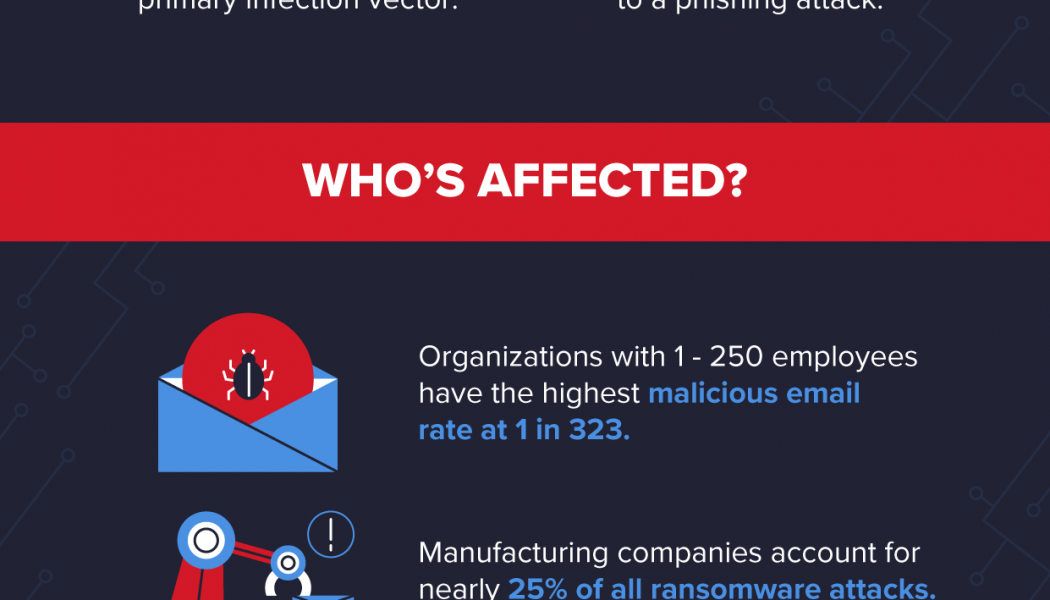data breach
How a Data Breach Could Sink an SME
Sourced from CSO. When it comes to reporting on cybercrime, we tend to only come across stories impacting major companies or industries. Apart from the obvious reputational damage, we don’t really grasp the consequences of something like a data breach on a company and its customers. There are no headline articles about the troubles that emerge in the wake of a data breach, some of which literally grind small and medium enterprises (SMEs) into the ground. The media focuses on corporate giants as the only victims of cybercrime and lulls us into a false reality where data breaches seem to happen mostly to corporate behemoths but not the small or medium size business owners. Cybercriminals, who are often well-organised and well-resourced, launch constant attacks on data targets, probing for th...
Phishing risks escalate as Celsius confirms client emails leaked
Celsius depositors should be on the lookout for phishing scams after the company revealed some of its customer data has been leaked in a third-party data breach. On July 26, Celsius sent an email to its customers informing them that a list of their emails had been leaked by an employee of one of its business data management and messaging vendors. According to Celsius, the breach came from an engineer at the Customer.io messaging platform who leaked the data to a third-party bad actor. “We were recently informed by our vendor Customer.io that one of their employees accessed a list of Celsius client email addresses,” said Celsius in its email to customers. The data breach is part of the same incursion that leaked OpenSea customer email addresses in June. Announcement from Celsius: “We ...
1 in 4 People Use Fitness Devices – Is Your Tracking Data Secure from Hackers?
Image sourced from Reuters. A recent study by the virtual private network provider NordVPN revealed that 1 in 4 (24.6%) people use some kind of fitness or well-being device, such as a smartwatch, fitness tracker, etc. However, these devices may be tracking a lot more than your fitness activities, and 25% do nothing to protect them, which may pose a serious risk to people’s privacy. Among the data collected by fitness wearables and the mobile apps connected to them, there are basic activities such as steps, heart rate, the time you go to sleep or wake up, as well as your consumed calories, weight, or even running routes, which are all of great interest to stalkers or attackers. For example, Clario research has revealed that Strava collects 41.18% of users’ personal data, and MyFitnessPal — ...
When Ransomware Strikes, Can You Recover Fast Enough?
Sourced from Kaspersky Ransomware attacks have become increasingly common, and they are even available on the dark Web to purchase as a service. There have been many incidents in the news, where major companies have been left with little choice other than to pay the ransom to get their data back, often amounting to hundreds of thousands of dollars. The reality is that ransomware and other cyberattacks have become a question of when not if. The ability to respond and recover quickly has therefore become an essential part of successful ransomware defence, but it is something many organisations, especially in South Africa, struggle with. Consider Some Statistics The State of Ransomware report from security firm Sophos reveals that, over the last year, the average cost of remediating a ransomw...
What SMEs Should Know About Ransomware
Image sourced from Feed Navigator. Ransomware attacks are on the rise and malicious cybercriminals are always fine-tuning their strategies. Business leaders need to realise that their tactics include disrupting critical business operations across all industry verticals and businesses of all sizes, including small to midsize enterprises (SMEs). With most of the recent headline-making ransomware attacks against larger organisations who are likely to be more financially capable of meeting exceeding large ransom demands, the findings around the targeting of smaller businesses with fewer resources raise the question as to why ransomware operators are going after SMEs in the first place. The frequency and severity of successful ransomware attacks have a tremendous impact on victim organisations ...
Almost 50% of South Africans Will Avoid a Service Provider Following a Data Breach, Research Shows
Nearly half of South African consumers (46%) would walk away from an online service provider if it suffered any form of data breach, according to a global study by Kaspersky. The idea of avoidable data misuse is likely to incur even greater wrath from respondents, however, with 68% affirming they would no longer use the provider for fear of their data being sold to a third party in this case. As consumers understand more about businesses’ data privacy responsibilities, more transparency is needed from those companies about how they handle user data. Having to shop, be entertained, communicate and conduct business virtually is likely to have sparked heightened awareness about how much data is being offered, and what the upshots of this proliferation could be. Over two-thirds (67%) of respon...











